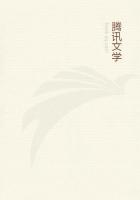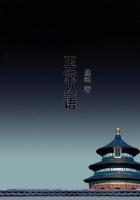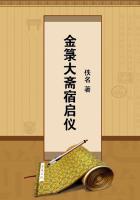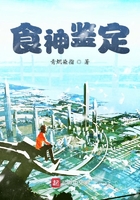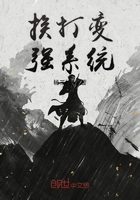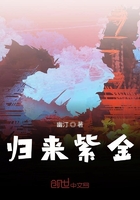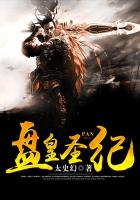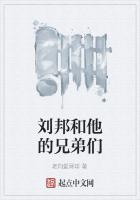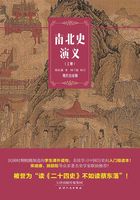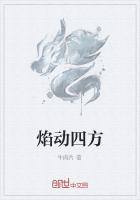He untied the mouth of the bag. Domini looked into it, expecting to see something precious--jewels perhaps. She saw only a quantity of sand, laughed, and moved to go on. She thought the Arab was an impudent fellow trying to make fun of her.
"No, no, Madame! Do not laugh! Ce sable est du desert. Il y a des histoires la-dedans. Il y a l'histoire de Madame. Come bazaar! I will read for Madame--what will be--what will become--I will read--I will tell. Tenez!" He stared down into the bag and his face became suddenly stern and fixed. "Deja je vois des choses dans la vie de Madame. Ah!
Mon Dieu! Ah! Mon Dieu!"
"No, no," Domini said.
She had hesitated, but was now determined.
"I have no time to-day."
The man cast a quick and sly glance at her, then stared once more into the bag. "Ah! Mon Dieu! Ah! Mon Dieu!" he repeated. "The life to come --the life of Madame--I see it in the bag!"
His face looked tortured. Domini walked on hurriedly. When she had got to a little distance she glanced back. The man was standing in the middle of the road and glaring into the bag. His voice came down the street to her.
"Ah! Mon Dieu! Ah! Mon Dieu! I see it--I see--je vois la vie de Madame --Ah! Mon Dieu!"
There was an accent of dreadful suffering in his voice. It made Domini shudder.
She passed the mouth of the dancers' street. At the corner there was a large Cafe Maure, and here, on rugs laid by the side of the road, numbers of Arabs were stretched, some sipping tea from glasses, some playing dominoes, some conversing, some staring calmly into vacancy, like animals drowned in a lethargic dream. A black boy ran by holding a hammered brass tray on which were some small china cups filled with thick coffee. Halfway up the street he met three unveiled women clad in voluminous white dresses, with scarlet, yellow, and purple handkerchiefs bound over their black hair. He stopped and the women took the cups with their henna-tinted fingers. Two young Arabs joined them. There was a scuffle. White lumps of sugar flew up into the air.
Then there was a babel of voices, a torrent of cries full of barbaric gaiety.
Before it had died out of Domini's ears she stood by the statue of Cardinal Lavigerie. Rather militant than priestly, raised high on a marble pedestal, it faced the long road which, melting at last into a faint desert track, stretched away to Tombouctou. The mitre upon the head was worn surely as if it were a helmet, the pastoral staff with its double cross was grasped as if it were a sword. Upon the lower cross was stretched a figure of the Christ in agony. And the Cardinal, gazing with the eyes of an eagle out into the pathless wastes of sand that lay beyond the palm trees, seemed, by his mere attitude, to cry to all the myriad hordes of men the deep-bosomed Sahara mothered in her mystery and silence, "Come unto the Church! Come unto me!"
He called men in from the desert. Domini fancied his voice echoing along the sands till the worshippers of Allah and of his Prophet heard it like a clarion in Tombouctou.
When she reached the great hotel the sun was just beginning to set.
She drew Count Anteoni's card from her glove and rang the bell. After a long interval a magnificent man, with the features of an Arab but a skin almost as black as a negro, opened the door.
"Can I go up the tower to see the sunset?" she asked, giving him the card.
The man bowed low, escorted her through a long hall full of furniture shrouded in coverings, up a staircase, along a corridor with numbered rooms, up a second staircase and out upon a flat-terraced roof, from which the tower soared high above the houses and palms of Beni-Mora, a landmark visible half-a-day's journey out in the desert. A narrow spiral stair inside the tower gained the summit.

